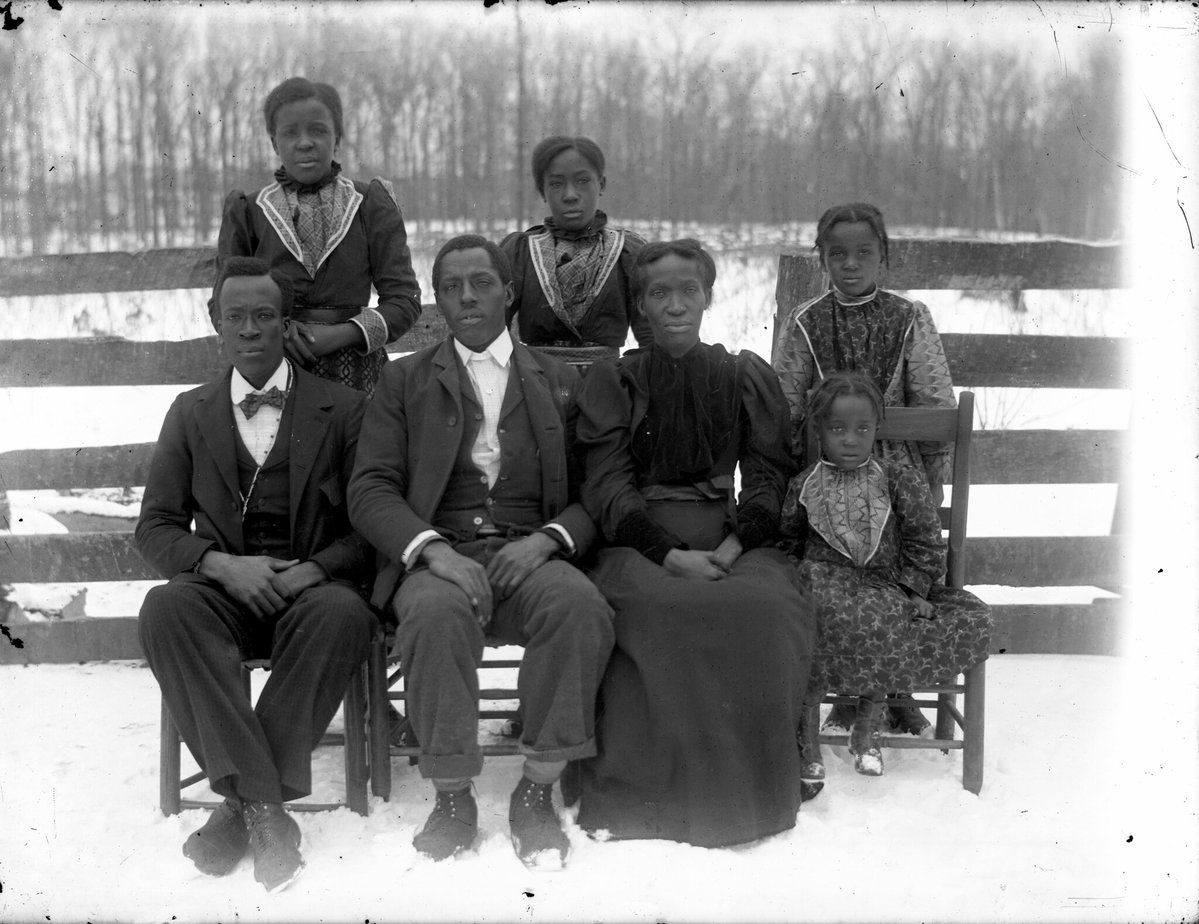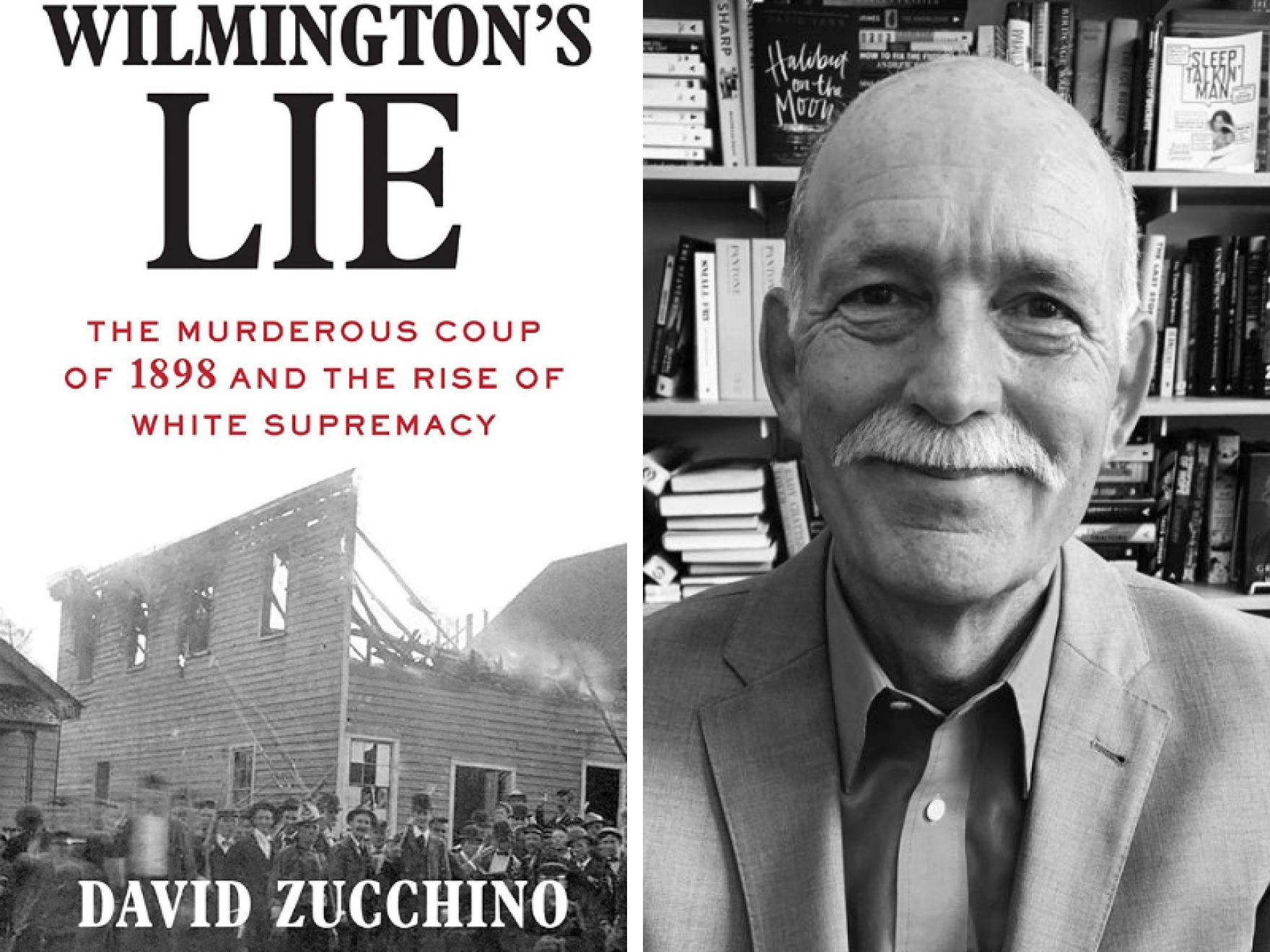The 1898 Wilmington Massacre and Coup

Assistant Professor, DJ Polite, and author and journalist, David Zucchino, remind us what happened in North Carolina nearly 125 years ago.
From DJ Polite via Black Perspectives /
"The Wilmington Massacre of 1898 remains one of the clearest demonstrations of white supremacy and Jim Crow violently erasing the progress and promise of African America. In Wilmington, North Carolina, a white mob was dissatisfied with winning statewide office on a blatantly race-based fear campaign. Alexander Manly, an African American newspaper editor had dared to challenge the sexual mores that underpinned Jim Crow violence by suggesting that white women engaged in sexual relations with Black men voluntarily. Local African American politicians were ousted from office by force. The homes were raided for good measure. African American families were in effect, displaced, becoming domestic refugees in a nation they held citizenship." | Read the FULL PERSPECTIVE.


DJ Polite earned his bachelor’s degree in American studies from Williams College, a master’s in education from CUNY-Brooklyn College and his Ph.D. in history from the University of South Carolina. Prior work includes teaching special education in a public charter high school, and as a historic guide and interpreter for home museums in South Carolina. His research looks primarily on the mutually reinforcing growth of U.S. Jim Crow policies and empire in the Caribbean, particularly Puerto Rico. It explores the ways that the solidification of both relied on each other and cemented secondary citizenship status for African Americans, Puerto Ricans, and especially women of both groups.

From David Zucchino via The Pulitzer Prize /
"By the 1890s, Wilmington was North Carolina’s largest city and a shining example of a mixed-race community. It was a bustling port city with a burgeoning African American middle class and a Fusionist government of Republicans and Populists that included black aldermen, police officers and magistrates. There were successful black-owned businesses and an African American newspaper, The Record. But across the state—and the South—white supremacist Democrats were working to reverse the advances made by former slaves and their progeny.
In 1898, in response to a speech calling for white men to rise to the defense of Southern womanhood against the supposed threat of black predators, Alexander Manly, the outspoken young Record editor, wrote that some relationships between black men and white women were consensual. His editorial ignited outrage across the South, with calls to lynch Manly." | LEARN MORE.





